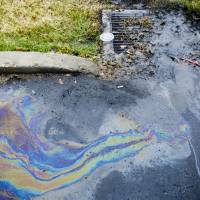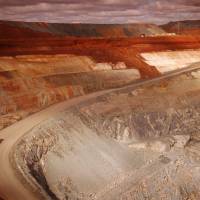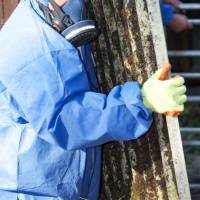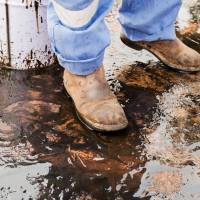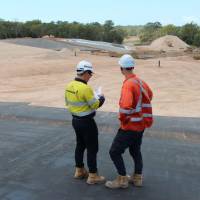New DWER guidance in WA
New DWER guidance in WA
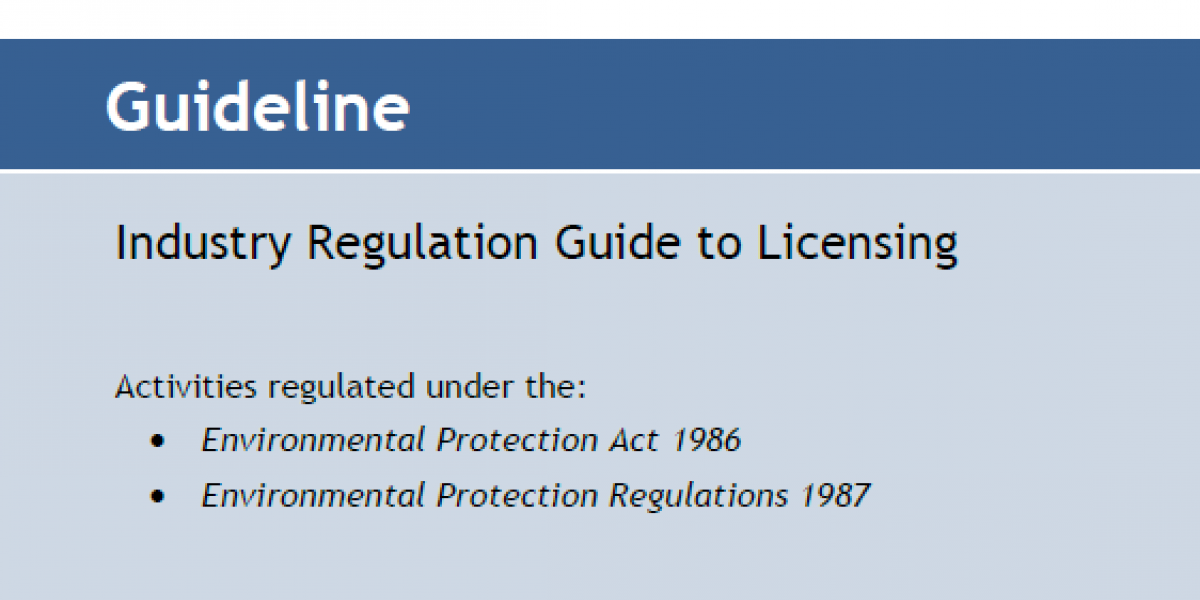
In WA, the Department of Water and Environmental Regulation (DWER) has published a new guideline: Industry Regulation Guide to Licensing, which provides in-depth guidance on the regulatory framework that applies under Part V Division 3 of the Environmental Protection Act 1986.
The guide is a useful resource for those proposing to construct a prescribed premises or undertake activities which are regulated by DWER and provides detailed information on:
- definition of a prescribed premises
- how to apply for and comply with works approvals
- how to transition from works approvals to licence
- how to apply for and comply with licences
- when and how to amend works approvals and licences
- when to apply for registration instead of a licence
- how to transfer, renew or surrender a licence
- how DWER processes applications and makes decisions
- the appeals process.
For those already familiar with works approvals and licences and DWER processes, the guide introduces some key changes:
- the pathways that can be used to transition from works approvals and licence and requirements for:
- environmental compliance reports
- critical containment infrastructure reports (CCIR)
- environmental commissioning reports
- time-limited operations under a works approval
- making changes to prescribed premises and the use of works approvals and licence amendments
- the interaction of DWER’s processes under Part V of the EP Act with the land use planning functions of State and Local Government.
For those constructing critical containment infrastructure (such as leachate, wastewater and liquid waste storage ponds and tailings storage facilities), the process now includes a ‘stop’ period preventing the use of the infrastructure while DWER assesses compliance with works approval conditions.
The new processes come into effect from 1 October 2019 so proponents with projects in development will need to be aware of the changes.
While the guide is easy to understand and will assist proponents with their licensing needs, the application of Part V of the EP Act to projects and activities can be complex and if not managed correctly can lead to delays in obtaining approvals, additional costs, and compliance issues.
Our team of industry approvals experts have direct regulatory experience and can help you identify, obtain and manage the approvals that you need in accordance with the new guide. Don't hesitate to contact us for support or further details.
